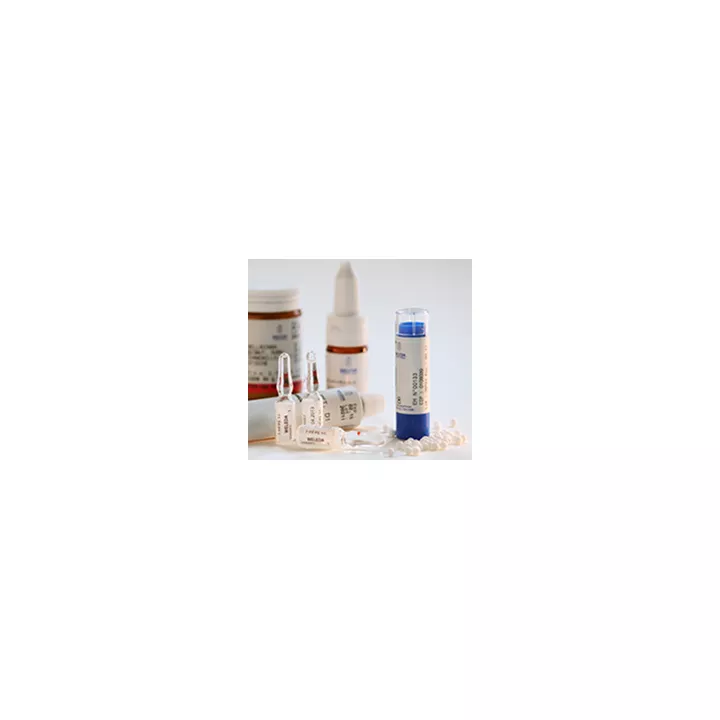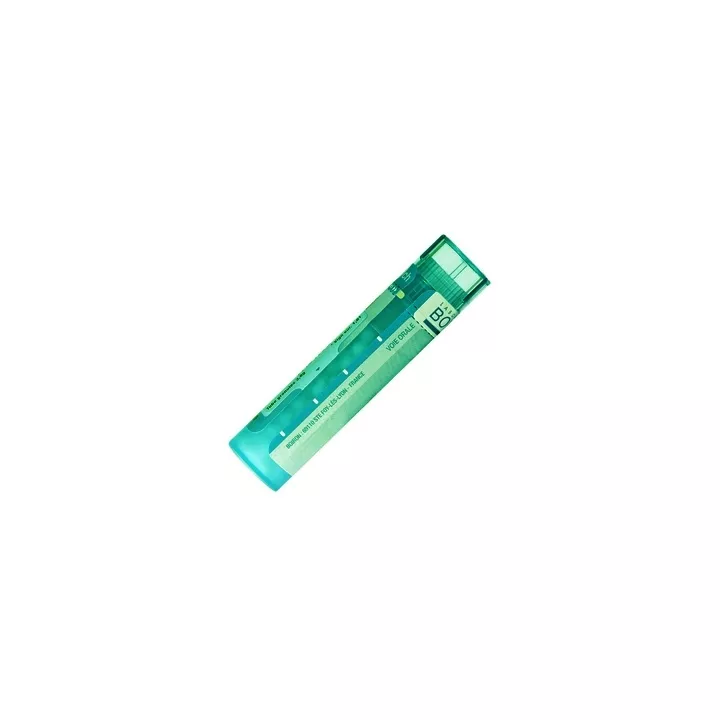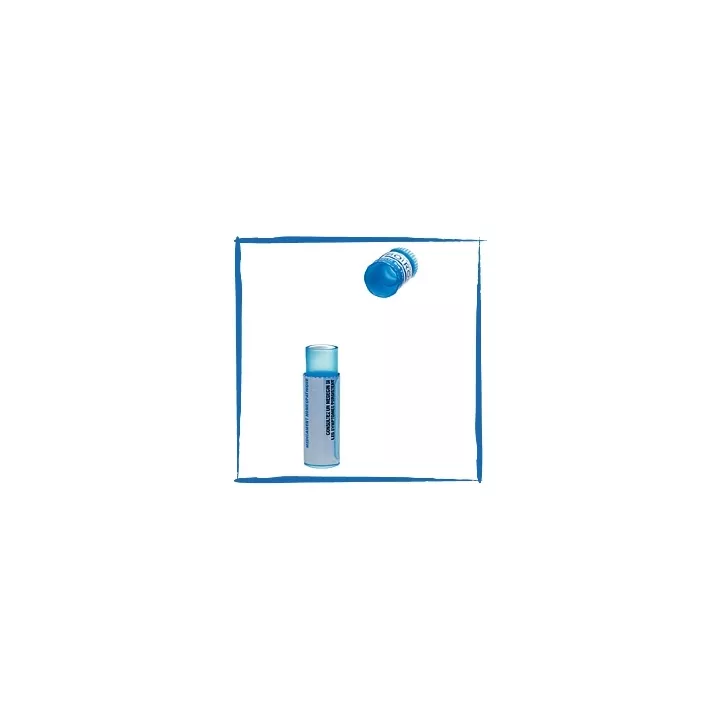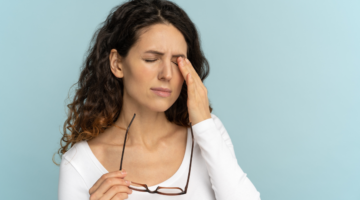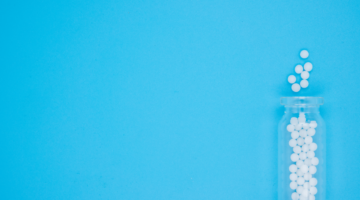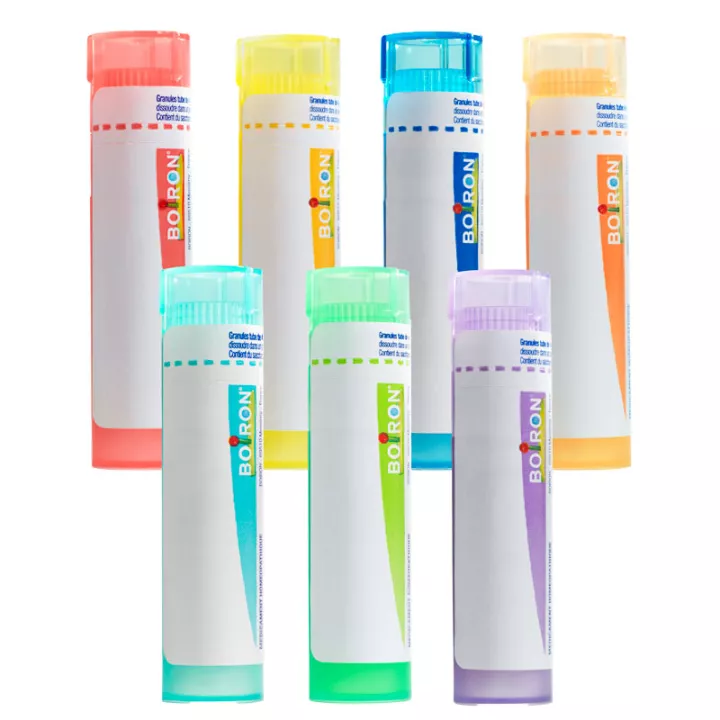SEPIA OFFICINALIS D10 D15 D30 Tube granules HOMEOPATHY Weleda
In homeopathy, Sepia officinalis is a versatile remedy used mainly to treat women's health problems. It is prescribed for digestive, skin, gynaecological and depressive disorders. As each case is unique, we recommend that you consult a healthcare professional to determine the appropriate dosage and treatment for your particular situation.
Authorized product: EH01053
Listed in pharmacopoeia
If no improvement within 24 hours, consult your homeopathic physician.
Sepia Officinalis - Versatile homeopathic remedy for women
Sepia officinalis is a homeopathic remedy frequently used to treat a variety of ailments in women, although some men and children can also benefit from it. In this article, we'll explore the main indications for Sepia officinalis, as well as its use in dermatology, gynecology and for behavioral disorders.
Sepia officinalis and digestive disorders
- Anorexia, aversion to food
- Feeling of heaviness or emptiness in the stomach
- Constipation with sensation of a ball in the rectum, constipation during pregnancy
- Nausea during pregnancy
- Aversion to milk, craving for acidic foods, vinegar, pickles
- Gallbladder problems, biliary dyskinesia, with or without stones accompanied by pain in the liver area
- Nausea, migraines
- Hemorrhoidal prolapse
Sepia officinalis in dermatology
- Premature aging of the skin
- Chloasma, pregnancy mask
- Catamenial (during menstruation), labial or genital herpes
- Recurrent mycoses, gynecological and others, pityriasis
- Dry eruptions: herpes, psoriasis, eczema, on the nape of the neck, behind the ears, around the mouth
- Hair loss
Sepia officinalis in gynecology
In young women :
- Ovarian hormone deficiency
- Irregular, scanty periods
- Depressive premenstrual syndrome, with back pain, sometimes a herpes outbreak
- Recurrent cystitis, recurrent genital mycoses, decreased libido
In pregnant women:
- Nausea, constipation, skin disorders, appearance of brown spots on the face, nose and around the chin
- Post-partum depression, baby blues, hair loss after pregnancy
Menopause:
- Hot flashes, without facial redness, with sweating and exhaustion
- Increased morning fatigue, depression
- Aversion to sexuality
Sepia officinalis-type behavioral disorders
From fatigue to anxiety-depression: thiscondition can be triggered by pregnancy fatigue, social pressure to look young and fit, or multiple or closely spaced pregnancies. Symptoms include irritability, indifference, fatigue, discouragement, pessimism and sleep disorders.
Impact on sexuality: inthis depressive state, sexuality is strongly affected (aversion, frigidity, impotence and fatigue put the brakes on vitality).
Other symptoms associated with Sepia officinalis
Eating disorders and anorexia
In young women, Sepia officinalis can be used to treat anorexia and eating disorders.
Ovarian hormone deficiency and hot flushes
This homeopathic remedy is also indicated for women suffering from ovarian hormone deficiency and hot flushes.
Digestive disorders and heavy pain
Sepia officinalis is often recommended to relieve digestive disorders accompanied by heavy pain.
Aging skin and migraines
Sepia officinalis is also used to treat premature aging of the skin and migraines.
Various
This homeopathic remedy can also be used to treat first-sleep enuresis in children.
How to use Sepia officinalis
Worsening
Symptoms may be aggravated by cold, prolonged standing, odors, milk, during and after pregnancy, and by consolation.
Improvement
Symptoms may improve with vigorous exercise, movement and strong pressure.
Dosage and instructions for use of Weleda granules
Weleda homeopathic medicines Tubes granules or doses globules can be used in a variety of symptoms, so it is not possible to determine the indications and dose of a specific preparation.
The homeopathic physician selects the appropriate medicine, dilution and dosage according to the patient's state of health and characteristic symptoms.
Sepia officinalis dosage
- For organic disorders: 4 or 5 CH, 3 granules 3 times a day.
- For gynaecological disorders: 7 to 15 CH, e.g. 5 granules morning and evening.
- Treatment of depressive syndrome should be undertaken by a specialist.
Directions for use
Remove the tab, invert the Weleda tube and pull the cap slightly.
Turn the tube to drop the desired number of granules into the cap, then place the granules under the tongue.
Do not touch the homeopathic granules with your fingers.
Do not take astringent substances such as coffee, tobacco, camphor, mint or chamomile within half an hour of taking homeopathic medicines.
Use a mint-free toothpaste (such as Homéodent BOIRION).
Composition of these tubes of Weleda granules
SEPIA OFFICINALIS D10 D15 D30
List of excipients : lactose, saccharose
Packaging and capacity
Tube Weleda granules.
Weight 4g. Approx. 80 granules.
Precautions for use
Warning
Contains sucrose and lactose.
Due to the presence of lactose, this medicine should not be used in cases of galactosemia, glucose-galactose malabsorption syndrome or lactose deficiency.
Keep homeopathic medicines away from light, heat, moisture and sources of perfume.
Giving Weleda homeopathic granules to babies and children
Dissolve homeopathic granules in 100ml of water. As the granules take a very long time to dissolve, it is necessary to prepare your mixture in advance.
Homeopathy and pregnancy
Homeopathic medicines have no chemical toxicity, no contraindications, no interaction with other drugs, and no adverse effects linked to the quantity of product ingested. Pregnant women can use homeopathic remedies without any known risk to themselves or their unborn child, but it is advisable to seek advice.
Frequency of homeopathic use
For acute conditions, homeopathic remedies should be taken every hour until symptoms improve. From then on, they should be taken 3 or 4 times a day, spaced out, and then gradually stopped.
For chronic conditions, low-dilution remedies should be taken 1 or 2 times a day, while basic remedies should be taken once a week or even once a month. This decision is left to the homeopath.
What to do if there is no improvement within 24 hours
Certain pathologies cannot be treated with homeopathy simply by self-medication. Their seriousness requires medical advice, which can be given by a homeopathic doctor. This doctor will judge whether your condition can be treated with homeopathy alone, or whether your treatment needs to be supplemented with allopathy.

